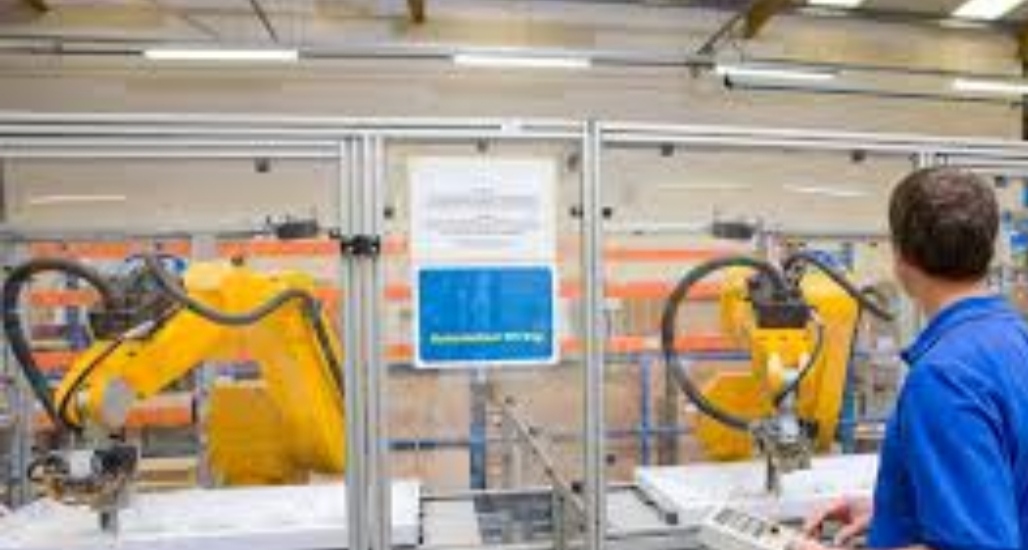In an era marked by rapid advances in automation and artificial intelligence, new research assesses the jobs lost and jobs gained under different scenarios through 2030.
The technology-driven world in which we live is a world filled with promise but also challenges. Cars that drive themselves, machines that read X-rays, and algorithms that respond to customer-service inquiries are all manifestations of powerful new forms of automation. Yet even as these technologies increase productivity and improve our lives, their use will substitute for some work activities humans currently perform—a development that has sparked much public concern.
McKinsey Global Institute
Jobs lost, jobs gained: What the future of work will mean for jobs, skills, and wages
November 28, 2017 | Report
By
James Manyika
, Susan Lund,
Michael Chui
, Jacques Bughin,
Jonathan Woetzel
, Parul Batra, Ryan Ko, and
Saurabh Sanghvi
Share
Download
Save
In an era marked by rapid advances in automation and artificial intelligence, new research assesses the jobs lost and jobs gained under different scenarios through 2030.
The technology-driven world in which we live is a world filled with promise but also challenges. Cars that drive themselves, machines that read X-rays, and algorithms that respond to customer-service inquiries are all manifestations of powerful new forms of automation. Yet even as these technologies increase productivity and improve our lives, their use will substitute for some work activities humans currently perform—a development that has sparked much public concern.
Play Video
Video
Automation and the new world of work
Powerful new technologies are increasing productivity, improving lives, and reshaping our world. But what happens to our jobs?
DOWNLOADS
Briefing Note (PDF-2 MB)
Executive Summary (PDF-2 MB)
Full Report (PDF-9 MB)
Building on our January 2017 report on automation, McKinsey Global Institute’s latest report, Jobs lost, jobs gained: Workforce transitions in a time of automation (PDF–5MB), assesses the number and types of jobs that might be created under different scenarios through 2030 and compares that to the jobs that could be lost to automation.
The results reveal a rich mosaic of potential shifts in occupations in the years ahead, with important implications for workforce skills and wages. Our key finding is that while there may be enough work to maintain full employment to 2030 under most scenarios, the transitions will be very challenging—matching or even exceeding the scale of shifts out of agriculture and manufacturing we have seen in the past.1. What impact will automation have on work?




